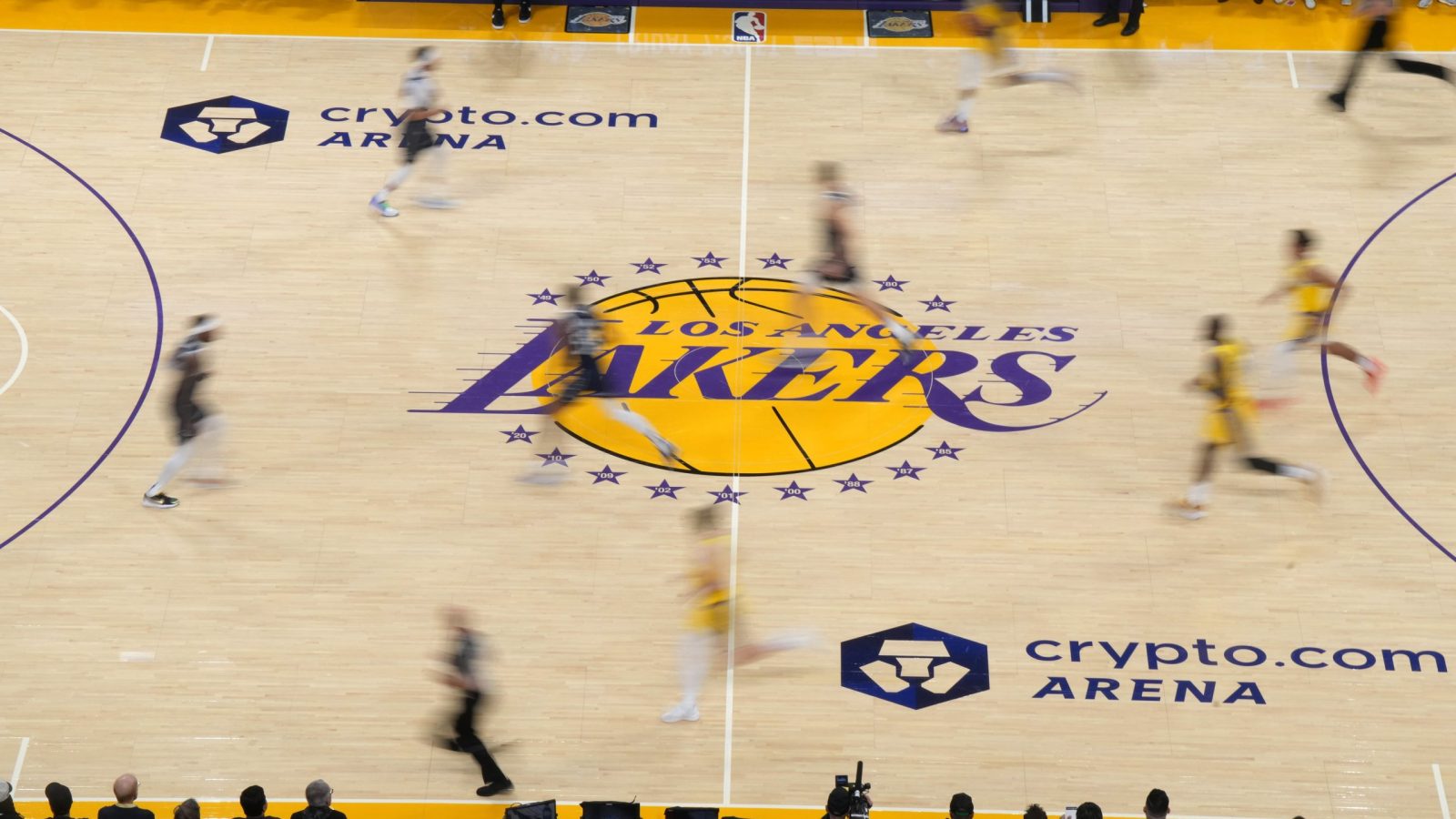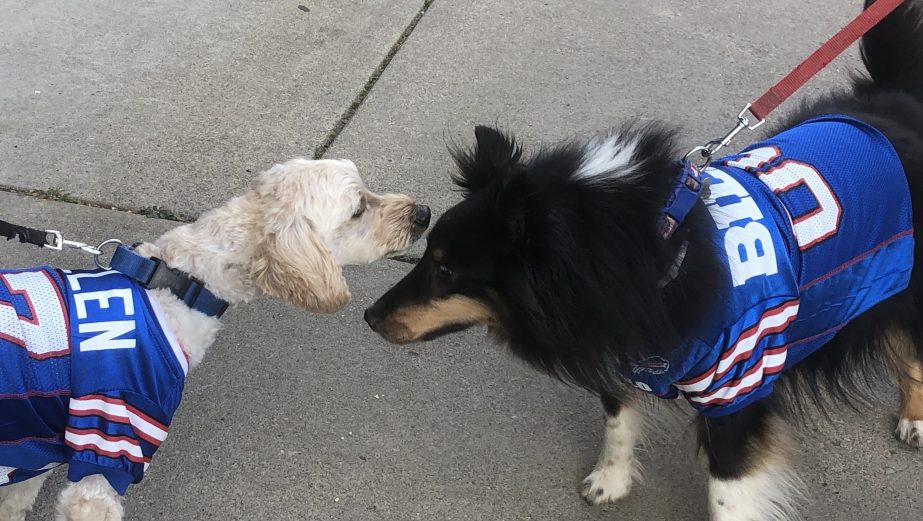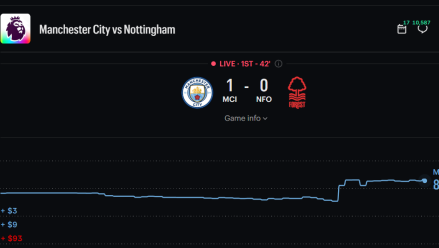The judge in Crypto.com’s lawsuit against the state of Nevada says swaps can include whether a sporting event happens, but not who wins, in a written decision that cited four dictionaries to determine the difference between the words “event” and “occurrence.”
The written order for Judge Andrew P. Gordon’s decision not to grant an injunction to Crypto.com in the case before the U.S. District Court for the District of Nevada was published Tuesday, following an announcement last week.
ba4432b7-38d4-4067-a4b4-e84736a130a9The decision not to grant an injunction last week came as a surprise, as Gordon had issued a similar injunction to Kalshi in April, and Crypto.com’s argument for one was based on similar principles to Kalshi’s.
The denial means Crypto.com must stop offering sports event contracts in the state of Nevada, but the prediction market is expected to appeal the decision rather than take its sports contracts down.
Are sports contracts swaps?
Crypto.com argued that the Commodity Futures Trading Commission (CFTC) has “exclusive jurisdiction” over swaps — a kind of financial contract generally used for hedging — offered by CFTC-registered designated contract markets.
However, Gordon’s ruling questioned whether sports event contracts really qualify as swaps.
According to the Commodity Exchange Act (CEA), a swap includes “any agreement, contract, or transaction… that is dependent on the occurrence, nonoccurrence, or the extent of the occurrence of an event or contingency associated with a potential financial, economic, or commercial consequence.”
Prediction markets have generally argued that this definition is wide-reaching enough to cover almost any type of bet, including event contracts on sports, as long as the CFTC believes them to be within the public interest.
But Gordon argued that the courts have the ability to interpret the definition of a swap, rather than leaving it only to the CFTC. He pointed to the fact that while the CFTC’s own words would carry weight, it has not actually said that it considers sports event contracts to be swaps.
‘Occurrence’ vs. ‘event’
A key part of Gordon’s interpretation of the law was a focus on the words “occurrence” and “event.”
Gordon noted that the two words are often similar in meaning – both referring to something that happens – but said that since both words are used, that suggests Congress did not see them as completely synonymous.
He pointed to a decision from the U.S. Court of Appeals for the Ninth Circuit in 2003, which noted that, “It is a well-established canon of statutory interpretation that the use of different words or terms within a statute demonstrates that Congress intended to convey a different meaning for those words.”
Quoting four dictionaries, Gordon came to the conclusion that while an “occurrence” is something that happened, an event is “a happening of some significance that took place or will take place, in a certain location, during a particular interval of time.”
As a result, when it comes to sports, he said an event would be whether a game took place, but not who won the game.
“An ordinary American interpreting the word ‘event’ would conclude that the Kentucky Derby is an event,” Gordon said. “But who wins the Kentucky Derby is an outcome of that event, not a separate event in and of itself.”
Judge questions implications of Crypto.com definition
Gordon went on to argue that Crypto.com’s definition of a swap has “no limiting principle” because it could include a contract on anything. This, he said, would make Congress’s choice of words in the CEA meaningless.
In addition, he noted that the CEA says that trading of swaps outside of designated contract markets (DCM) is prohibited. This, he argues, also suggests that sports event contracts can’t be swaps because this would mean that state-licensed sportsbooks and casinos are engaged in the trading of illegal securities.
“At the hearing I held on the pending motions, Crypto stated that the ‘CFTC has never taken the position and we have never taken the position that all gaming [wagers] are swaps regulated by the CFTC,’” Gordon wrote. “But Crypto does not explain why that is not the necessary implication of its position. Because if the statutory definition of swaps covers contracts on the outcome of sporting events that have a potential financial or economic consequence, and all swaps must be done [on] a DCM absent exceptions not applicable to casinos and the average sports bettor, then all sports betting must be done on a DCM.
“Had Congress intended such a sea change in the regulatory landscape, it surely would have said so.”
Although Gordon alluded to his decision to grant an injunction to Kalshi in April, he never mentions differences between the merits of the two cases, or what his definition of a swap might mean for Kalshi.
The Kalshi case is currently in the discovery phase, with Nevada asking the prediction market to produce evidence including its communications with the CFTC and with its market makers.
Not all convinced by Gordon’s definition
Andrew Kim, a partner at Goodwin Law, was unconvinced by Gordon’s definitions.
In a thread on social media site X, he wrote that he didn’t see a reason why “event” couldn’t also include outcomes.
“This statute was written with political markets in mind,” he wrote. “The ‘event’ would be, say, the 2004 U.S. presidential election. Is he suggesting that the ‘occurrence’ is the election itself happening?”
The decision is the latest sign that the courts still don’t have a unified view on the status of sports event contracts.
During oral arguments in Kalshi’s case against the state of New Jersey before the U.S. Court of Appeals for the Third Circuit, judges appeared skeptical of the narrower definition of a “swap.” In particular, Justice David J. Porter said that while a broad definition may include types of contracts that “seem undesirable,” the law appeared to be written in a way that defined the contracts broadly.
Differences of opinion within the courts can be a sign that a case will ultimately head towards the Supreme Court. Typically the Supreme Court takes cases where two or more circuit courts have different interpretations of the case.
Last week, during a panel at G2E, Covington & Burling LLP Partner Kevin King said he believed the case would ultimately come before the highest court in the U.S., but that this may not happen until 2027 or 2028.
Crypto.com expected to appeal
When the decision to grant an injunction was first announced, Crypto.com said it would appeal to the U.S. Court of Appeals for the Ninth Circuit. So far, an appeal has not been filed.
Crypto.com has offered sports event contracts since January, but its offering gained more attention after it partnered with daily fantasy sports giant Underdog, which offers access to Crypto.com’s sports contracts in 16 states, mostly where sports betting has not been legalized. Officially, Underdog is a technical service provider for Crypto.com, meaning that it does not have any status of its own with the CFTC.






